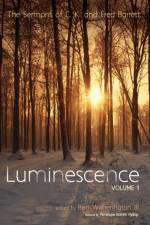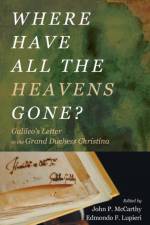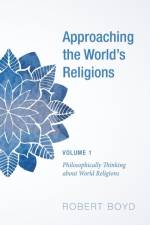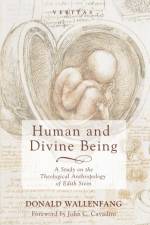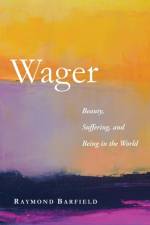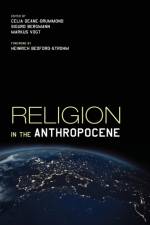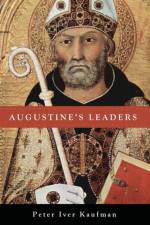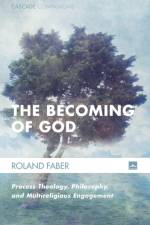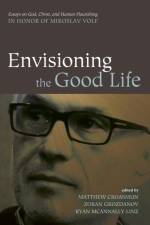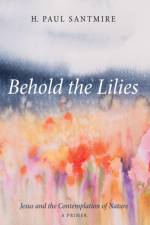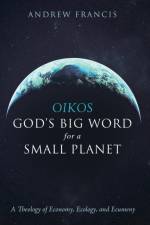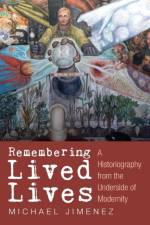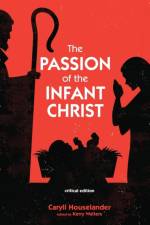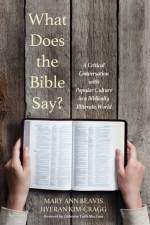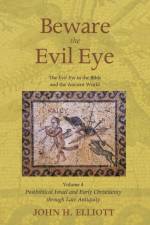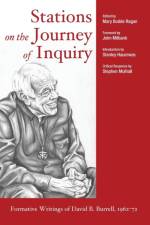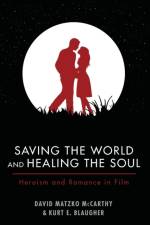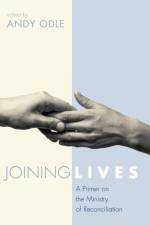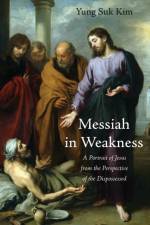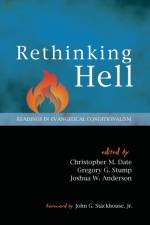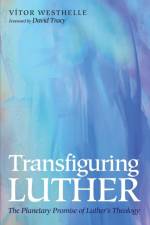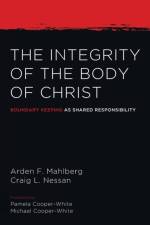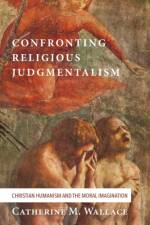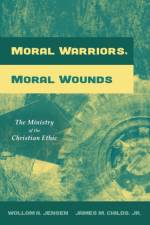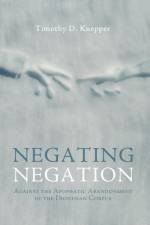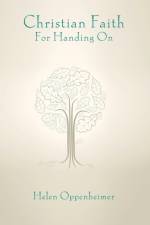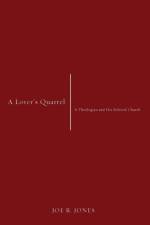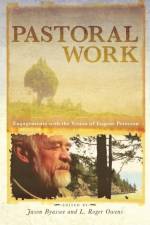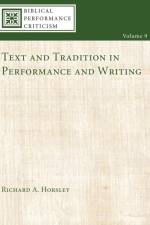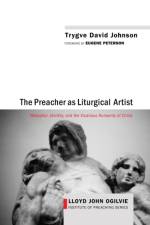755
This book charts a new direction in humanities scholarship through serious engagement with the geopolitical concept of the Anthropocene. Drawing on religious studies, theology, social science, history and philosophy, and what can be broadly termed the environmental humanities, this collection represents a groundbreaking critical analysis of diverse narratives on the Anthropocene. The contributors to this volume recognize that the Anthropocene began as a geological concept, the age of the humans, but that its implications are much wider than this.Will the Anthropocene have good or bad ethical outcomes? Does the Anthropocene idea challenge the possibility of a sacred Nature, which shores up many religious approaches to environmental ethics? Or is the Anthropocene a secularized theological anthropology more properly dealt with through traditional concepts from Catholic social teaching on human ecology? Do theological traditions, such as Christology, reinforce negative aspects of the Anthropocene? Not all contributors in this volume agree with the answers to these different questions. Readers will be challenged, provoked, and stimulated by this book.""Interpreting what it means to live in a time characterized by pervasive human influence throughout Earth''s systems involves questions and narratives that appear religious in scope, even while they also challenge conventional religious thought. The essays in this collection, edited well so that they are both coherent and helpfully contradictory with one another, offer readers multiple ways into the conflicts and possibilities in the idea of the Anthropocene.""--Willis Jenkins, Associate Professor of Religious Studies, University of Virginia""This timely book takes the notion of the Anthropocene literally by providing historical, theological, philosophical, and ethical elaborations on what it actually means that humanity has become a dominant force of the earth system. It is a scholarly account of the deeper human dimensions of the Anthropocene, moving beyond its predominating framing as a natural science phenomenon.""--Dieter Gerten, earth system scientist, Potsdam Institute for Climate Impact Research, professor, Humboldt-Universitat zu Berlin, Geography Department""Religion in the Anthropocene marks the first thorough treatment of religious and quasi-religious dimensions of the Anthropocene from perspectives as diverse as philosophy, theology, anthropology, and history, among others. This impressive collection of international scholarly voices aims not at consensus or easy answers, but fully explores the Anthropocene''s profoundly ambivalent implications for humanity''s place in nature and deep time, and our responsibilities for nonhuman others. Readers new to the topic, as well as scholars in the field, will come away with fresh--and sometimes disconcerting--insights into what it means to be human in the Age of Humans."" --Lisa H. Sideris, Associate Professor of Religious Studies, Indiana UniversityCelia Deane-Drummond is Professor of Theology and Director of the Center for Theology, Science and Human Flourishing at the University of Notre Dame. Her recent books include The Wisdom of the Liminal (2014), Technofutures, Nature, and the Sacred (coeditor, 2015) and Ecology in Jurgen Moltmann''s Theology (Wipf & Stock, 2016). Sigurd Bergmann is Professor of Religious Studies in the Department of Philosophy and Religious Studies at the Norwegian University of Science and Technology in Trondheim, Norway. His recent books include Religion, Space, and the Environment (2014) and Technofutures, Nature, and the Sacred (coeditor, 2015). Markus Vogt is Professor of Christian Social Ethics at Ludwig Maximilian University of Munich, Germany. His recent books include Prinzip Nachhaltigkeit (3rd ed. 2013) Wo steht die Umweltethik? (coeditor 2013), and Die Welt des Anthropozan (coeditor 2016).

